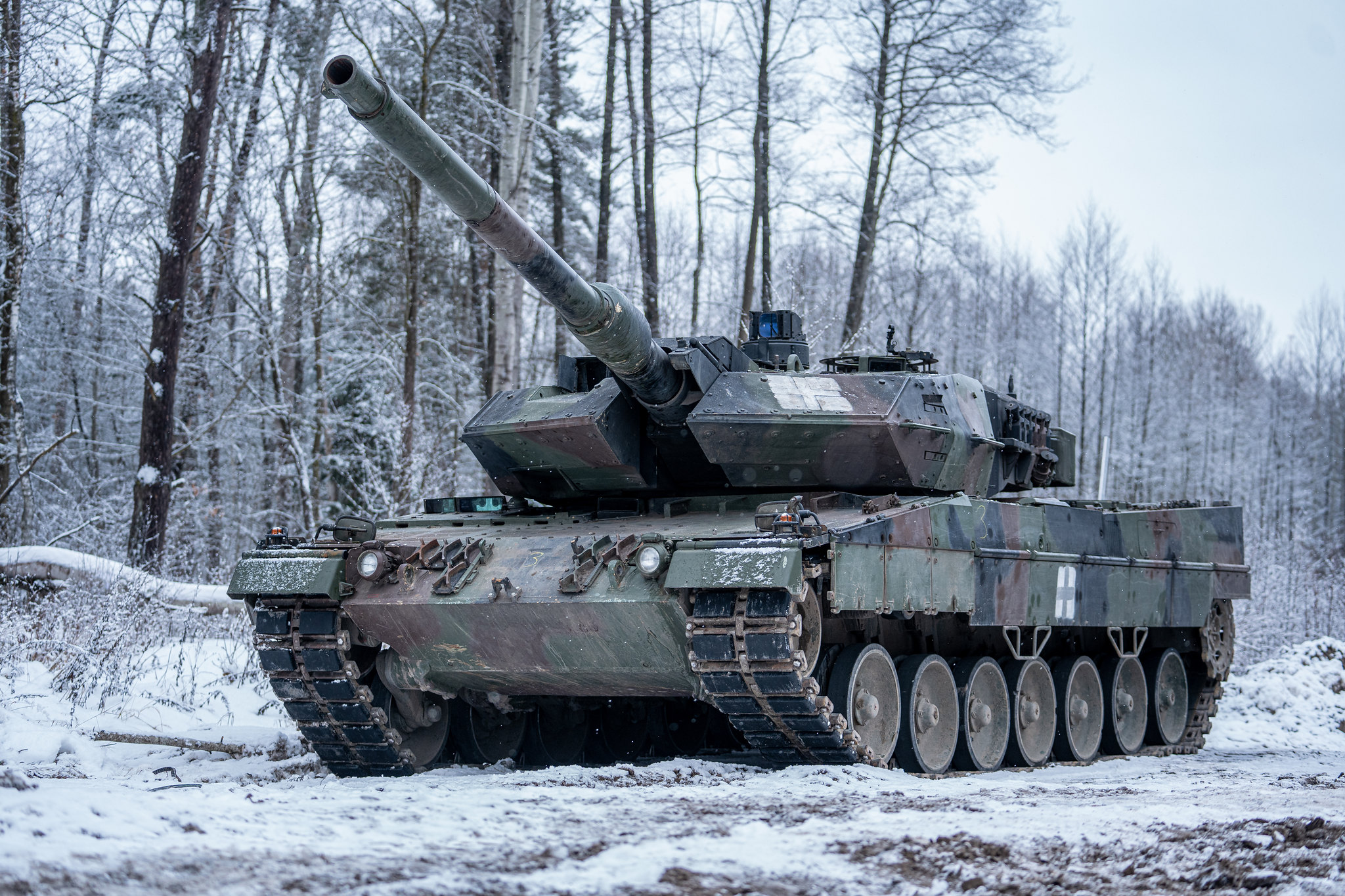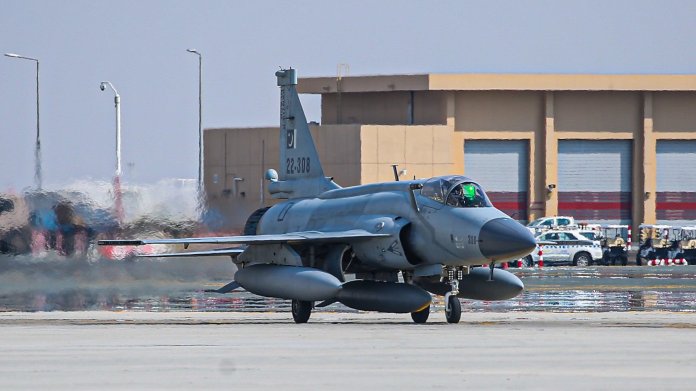In recent developments, Germany has greenlit orders exceeding $400 million for 155mm artillery shells destined for Ukraine. Rheinmetall, a key German defense company, confirmed the German army's order, valued at a minimum of $110 million. Simultaneously, the Defence Ministry announced a separate deal for 68,000 shells with an undisclosed French armament company, amounting to €278 million.
Ukraine, engaged in a conflict with Russia, has been expending up to 7,000 artillery rounds daily, prompting the need for a robust supply chain. The 155mm shells, following NATO standards, are in high demand, as European defense industries struggle to meet production requirements.
Rheinmetall's recent order is part of a comprehensive framework agreement signed in July, encompassing the delivery of shells, fuses, and propellant charges until 2029, with a potential gross order volume reaching €1.2 billion. The company's order backlog for weapons and ammunition has seen a significant increase, exceeding €11.3 billion by the end of September. Rheinmetall plans a substantial production boost in 2024, aiming to achieve an annual capacity of approximately 700,000 artillery rounds.
Additionally, Germany's Defense Ministry approved the acquisition of 68,000 155mm shells from a French manufacturer, with an option for an additional 350,000 rounds. The move highlights Germany's commitment to supporting Ukraine and addressing the critical need for artillery ammunition.
While details about the French manufacturer remain undisclosed, the German government is actively exploring avenues to enhance ammunition production. Discussions include the possibility of opening national framework agreements to partner countries, showcasing a collaborative approach to meet escalating demands.
As the conflict persists in Eastern Europe, these developments underscore the strategic efforts to bolster Ukraine's firepower and navigate the challenges posed by the continuous demand for 155mm artillery shells.

